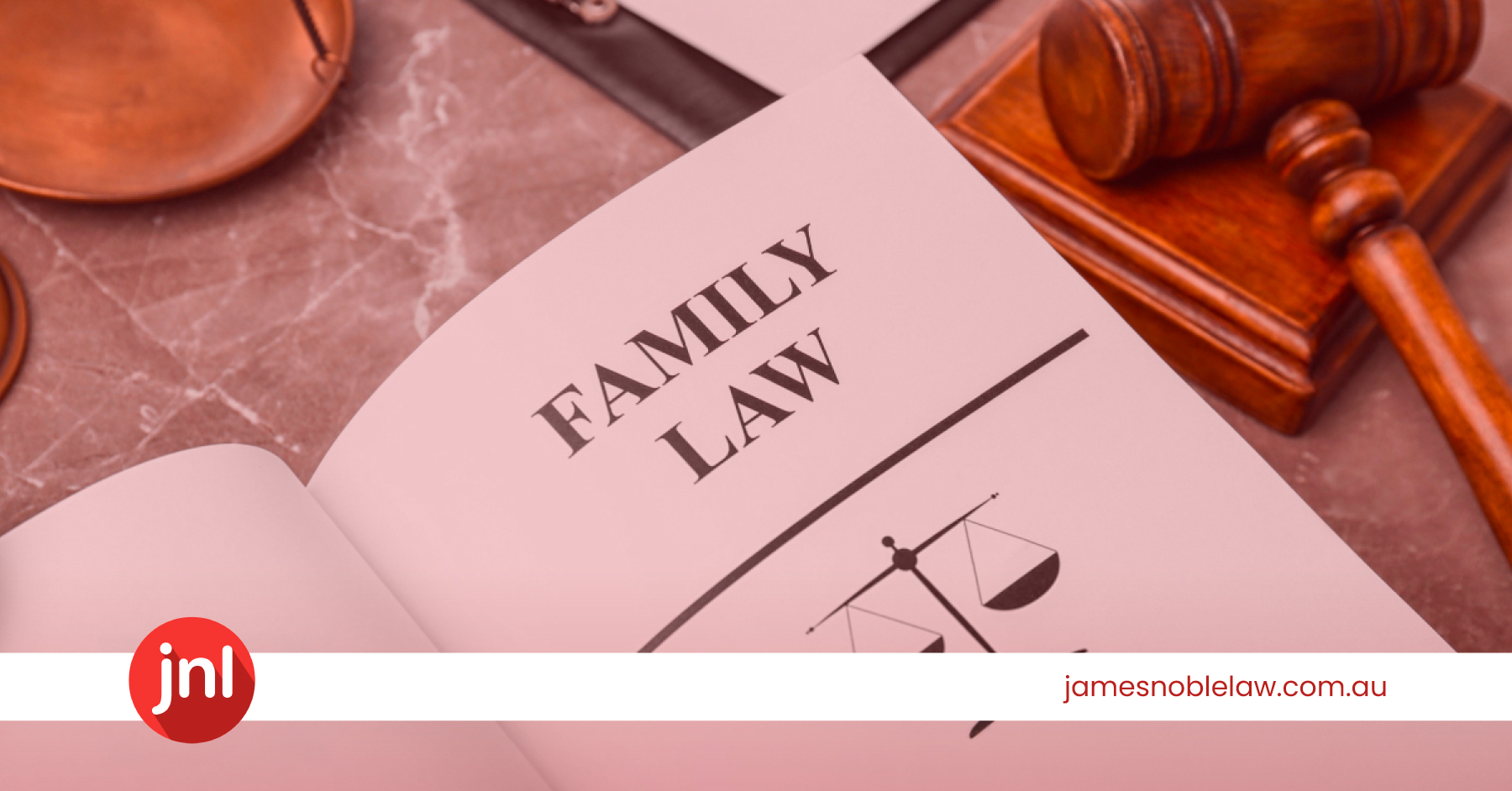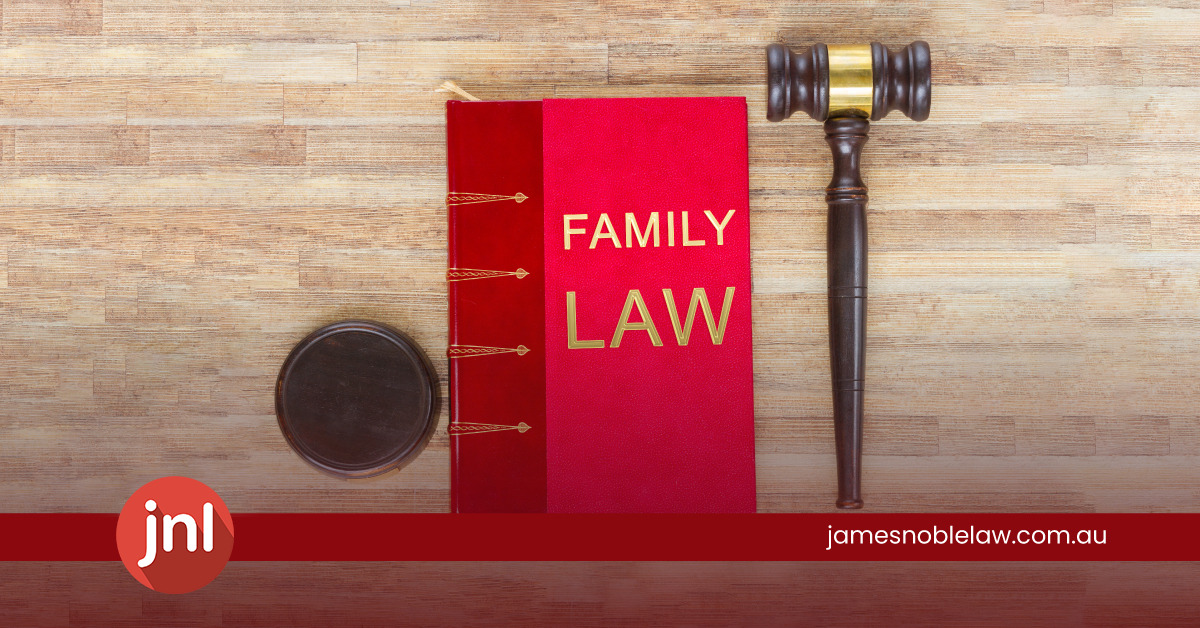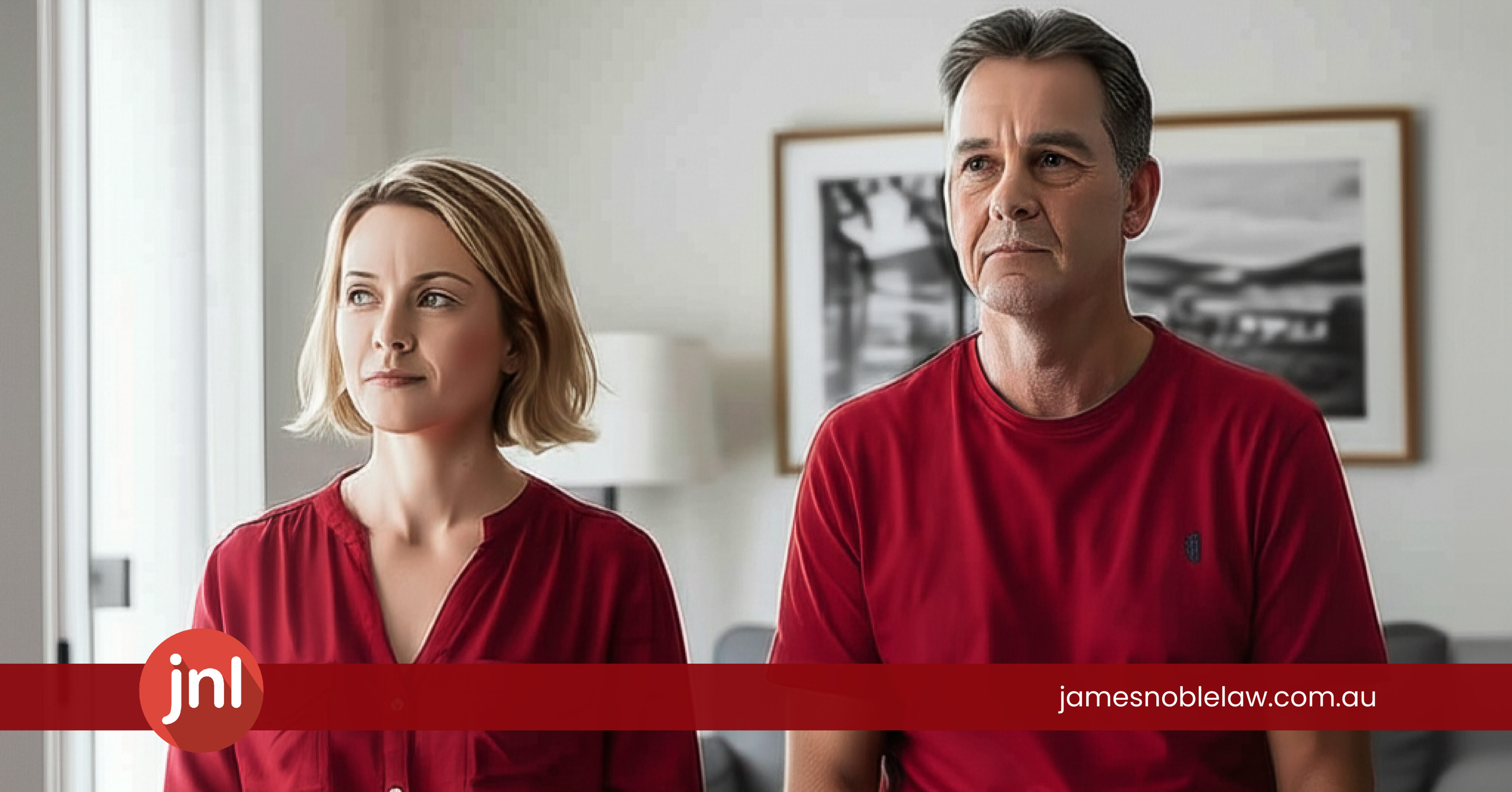Exploring Alternative Dispute Resolution Methods for Family Law Matters in Cairns
In Cairns, like many other places, family law matters can often be emotionally charged and complex. While some cases may seem destined for litigation, alternative dispute resolution methods offer families an opportunity to resolve their issues outside of court. These methods prioritise collaboration, communication, and reaching mutually beneficial solutions. In this blog, we'll delve into the various ADR methods available for family law matters in Cairns, highlighting their benefits and considerations. Understanding Alternative Dispute Resolution Alternative Dispute Resolution encompasses a...
Read More
Discontinuance of proceedings in family law
You may wish to discontinue proceedings for a range of reasons, such as lack of financial means to continue to litigate, emotional exhaustion, a change in circumstances or opportunity to mediate. The effect of discontinuing proceedings means that you are no longer seeking some of or all of the orders previously sought. Process of discontinuance To discontinue proceedings in Australia, a structured legal process is followed, governed by the Family Law Rules. If you wish to seek to discontinue proceedings,...
Read More
QCAT Proceedings And Family Law
QCAT has jurisdiction over a wide range of small claims disputes, including matters related to debts, goods and services, residential tenancy disputes, and minor civil dispute involving amounts up to a certain monetary limit of around $25,000. QCAT can hear some family law matters related to: Guardianship and administration: This includes matters related to decision-making for adults who lack capacity, such as appointing guardians or administrators. Child protection: QCAT can deal with matters related to child protection, including applications for child...
Read More
Navigating Family Law in Far North Queensland: A Comprehensive Guide to Legal Services in Cairns
Family law matters are often emotionally charged and complex, requiring careful consideration and professional guidance to navigate successfully. In Far North Queensland, specifically in Cairns, there are various legal services available to assist individuals and families facing challenges in areas such as divorce, child custody/living arrangements, and property settlement. This blog aims to shed light on the diverse range of family law services in Cairns, empowering residents to make informed decisions during difficult times. Divorce and Separation Divorce is a...
Read More
Aboriginal and Torres Strait Islander families and the family law system
Family law and the best interests of the child Family law primarily deals with matters involving separation, parenting and property settlements. A central principal underpinning the spirit of family law is the wellbeing of each child. That is, the best interests of the child or children remain paramount in every matter dealt with by the Court. What is in the best interests of a child will depend on the temperament, desires, relationships, religion and culture of the child, amongst many...
Read More
Understanding Spousal Maintenance in Cairns: A Comprehensive Guide
Navigating spousal maintenance issues can be a complex and emotional process. Our firm offers expert family law services in Cairns and have put together a comprehensive guide to help you understand how Cairns Family Lawyers and courts approach spousal maintenance matters. The Legal Framework: Federal and State Laws Spousal maintenance in Australia is predominantly governed by the Family Law Act 1975 (Cth), particularly Sections 72 and 75. This legislation provides the general framework for spousal maintenance across the country. In...
Read More
Recent amendments to the Family Law Act 1975 and what they mean for us
The passing of the most recent Family Law Amendment Act on 19 October 2023 brings important changes to the current regime, which will affect your rights, the court’s approach and our legal advice. These amendments will be effective from 6 May 2024. There are four key changes which will discuss in this blog. 1. No more presumption of equal shared responsibility under section 61DA Cause [caption id="attachment_17783" align="alignright" width="350"] family law amendment act[/caption] This presumption provides that parents are presumed...
Read More
Bankruptcy and family law proceedings
Bankruptcy can have significant effects upon family law proceedings and it is not uncommon for the Federal Circuit and Family Court of Australia to deal with property matters involving a bankrupt estate. Bankruptcy Bankruptcy is the process whereby a person cannot pay their debts when such payments fall due. In Family Law proceedings, when a party becomes bankrupt, control of their property and income transfers to the trustee of the estate. However, some property, such as superannuation, household goods, motor...
Read More
Exploring Spousal Maintenance Rights in Cairns, Australia
Spousal Maintenance Rights in Cairns In the picturesque city of Cairns, nestled in the tropical beauty of Australia, understanding spousal maintenance rights is crucial for individuals navigating the complexities of family law. Governed by the Family Law Act 1975 (Cth), spousal maintenance, a legal entitlement for payment, is applicable to both marital and de facto relationships. For married individuals, spousal maintenance can be sought during the marriage and post-divorce, up to 12 months after divorce, showcasing the importance of addressing...
Read More
Navigating Social Media in Family Law Cases: Dos and Don’ts
[caption id="attachment_17656" align="alignright" width="300"] Family Law Cases[/caption] In today's digital age, social media has become an integral part of our lives. While it is a powerful tool for communication and self-expression, it can also have unintended consequences, especially in the realm of family law. In this blog, we will explore the intersection of Family Law Cases and social media, and discuss what individuals should be careful to post to protect their interests and well-being. The Impact of Social Media on...
Read More
Ensuring Justice and Protection: The Vital Role of Independent Children’s Lawyers in Cairns Family Law Proceedings
In the intricate and often emotionally charged realm of family law, the well-being and best interests of the child must always be at the forefront. Cairns, like many other places, recognises the significance of ensuring children's voices are heard and their rights protected during family law proceedings. Independent Children's Lawyers (ICLs) play a crucial role in this process, acting as advocates for the children involved. In this blog, we will explore the importance of Independent Children's Lawyers in Cairns Family...
Read More
Navigating Equality: Legal Considerations for Same-Sex Couples in Family Law Matters in Cairns
Legal Considerations for Same-Sex Couples in Family Law Matters in Cairns In recent years, Australia has made significant strides towards recognising and affirming the rights of same-sex couples in various legal aspects, including family law. Cairns, a city known for its cultural diversity and openness, reflects these progressive changes. In this blog, we'll explore the legal considerations for same-sex couples in family law matters in Cairns, Queensland. Marriage Equality and Recognition: Cairns, like the rest of Australia, celebrates marriage equality....
Read More
January Legal Checkup: Reviewing Your Family Law Documents
As we move into the new year, it is the perfect time to reflect on our personal goals and priorities, and that includes ensuring our legal affairs are in order. One crucial aspect often overlooked is the review and update of family law documents. Whether it is a Will, Power of Attorney, or healthcare directive, these documents play a pivotal role in safeguarding your family's future. Your Will A January legal checkup can be a proactive step towards peace of...
Read More
Understanding the Role of Family Reports in Cairns Family Court
Family court cases in Cairns, Australia, often involve complex issues related to children and parenting matters. In these cases, the role of a family report is pivotal. It serves as a valuable tool for the family court to make informed decisions that prioritise the best interests of the children involved. In this blog, we will delve into the significance of family reports in Cairns family court cases and how they contribute to fair and just outcomes. What Is a Family...
Read More
Impact of Recent Family Law Changes on Cairns Residents
Changes in Family Law Affecting Cairns Residents Family law is a dynamic and ever-evolving field, with regular changes and updates that can significantly impact individuals and families. Cairns, a beautiful city in Queensland, Australia, is no exception to these changes. Recent developments in family law have brought about several important modifications that Cairns’ residents should be aware of. In this blog, we will explore some of the key changes in family law that affect Cairns residents and how these changes...
Read More
Demystifying Family Law in Cairns: A Comprehensive Guide
Understanding Family Law in Cairns: Navigating the Legal Landscape Family law encompasses a wide range of legal issues related to family relationships, including marriage, divorce, parenting arrangements, and property division. If you are facing family law matters in Cairns, Australia, it is essential to understand the legal landscape and the resources available to you. Marriage and Relationship Matters in Cairns Family law in Cairns begins with the formation of a family unit through marriage or de facto relationships. The Family...
Read More
Seeking Help and Change: Resources for Perpetrators of Domestic Violence in Brisbane
Resources for Perpetrators of Domestic Violence in Brisbane Domestic violence is a pervasive issue that affects countless lives, leaving a trail of physical and emotional scars in its wake. While much attention is focused on supporting victims, it is equally essential to address the root of the problem – the perpetrators. Recognising the potential for change, several resources are available to help individuals who have engaged in domestic violence to break the cycle of abuse and learn healthier ways of...
Read More
Fulfilling Client’s Duty of Disclosure in Cairns Family Law Matters
Client's Duty of Disclosure in Family Law Matters in Cairns, Australia In family law matters in Cairns, Australia, the duty of disclosure is a fundamental legal obligation that all parties involved must adhere to. This duty requires both spouses in a family law dispute to provide full and frank disclosure of their financial circumstances, assets, and liabilities. The purpose of this obligation is to ensure fairness and transparency in resolving family law matters, especially when it comes to property settlements...
Read More
Mediation and Conflict Resolution in Cairns Family Law Cases
[caption id="attachment_17184" align="alignright" width="300"] Mediation and Dispute Resolution in Family Law Matters in Cairns[/caption] Mediation and Dispute Resolution in Family Law Matters in Cairns, Australia Family law matters can be emotionally charged and complex, often requiring a delicate approach to resolve conflicts and disputes. In Cairns, Australia, mediation and alternative dispute resolution methods have gained prominence in addressing these issues. By offering a more collaborative and less adversarial approach, mediation provides families with a means to reach fair and mutually...
Read More
Navigating the Divorce Process in QLD: A Step-by-Step Guide
THE PROCESS OF DIVORCE IN QLD: STEP-BY-STEP GUIDANCE TO HELP DEMYSTIFY THE PROCESS [caption id="attachment_13405" align="alignright" width="300"] Divorce Process in QLD[/caption] The experience of going through a divorce can feel stressful and overwhelming for many couples. For these reasons, the divorce process in Queensland is designed to be as straightforward as possible. To illustrate that the process is not as daunting as it may seem, we have created a step-by-step guide to help you and your spouse navigate the process...
Read More






















